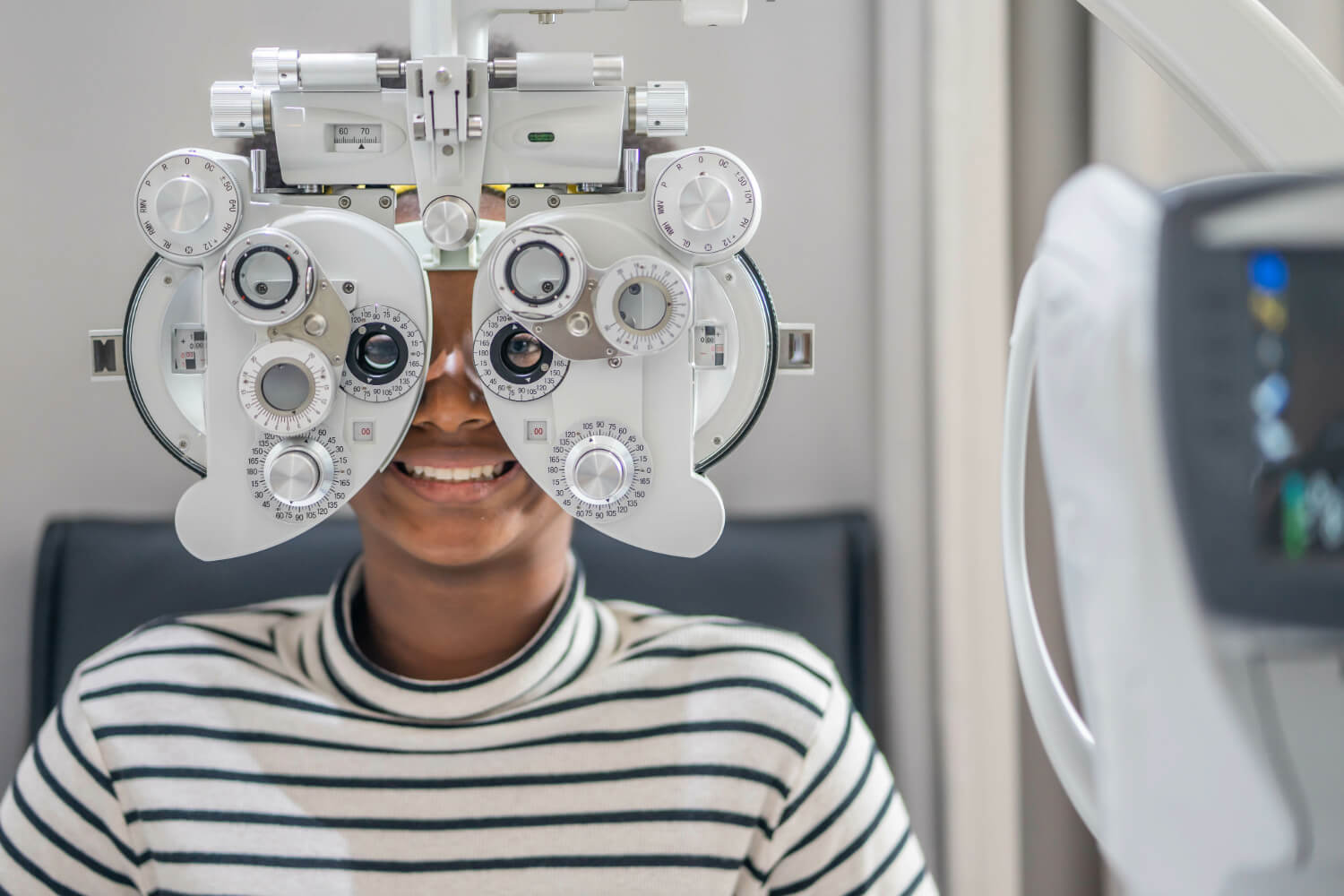
By Dr. Jake Trinidad, M.D. – Board-Certified Ophthalmologist, Trinidad Vision Center
Not all eye doctors are the same. While both ophthalmologists and optometrists play important roles in eye health, their education, training, and what they’re licensed to do are significantly different. If you’re dealing with vision issues or considering eye surgery, knowing which type of provider to see can make a big difference in your care.
The training paths for ophthalmologists and optometrists are similar at first glance—but diverge significantly after undergraduate school. Ophthalmologists complete medical school and a surgical residency, while optometrists attend optometry school focused on general vision care.
| Ophthalmologist (MD/DO) | Optometrist (OD) | |
|---|---|---|
| Undergraduate | 4 years | 4 years |
| Professional School | 4 years of medical school | 4 years of optometry school |
| Postgraduate Training | 1-year internship + 3-year ophthalmology residency | Optional 1-year residency |
| Total Time in Training | 12–14 years | 8–9 years |
| Degree Earned | Doctor of Medicine (MD) or Doctor of Osteopathy (DO) | Doctor of Optometry (OD) |
Ophthalmologists are trained as both physicians and surgeons, while optometrists focus on primary vision care. This difference affects what types of conditions they can treat and whether they can perform surgery.
| Ophthalmologist | Optometrist | |
|---|---|---|
| Eye Exams & Vision Tests | Yes | Yes |
| Prescribe Glasses & Contacts | Yes | Yes |
| Treat Eye Diseases | Yes – Full scope | Yes – Limited scope |
| Perform Eye Surgery | Yes – Cataracts, LASIK, Retina, etc. | No |
| Manage Medical Eye Conditions | Yes | Yes, with referrals |
Ophthalmologists must complete medical school and match into a competitive residency program, which includes hands-on surgical training and managing complex eye diseases. They also pass rigorous national board exams and obtain a medical license.
Optometrists attend optometry school and are licensed to perform comprehensive eye exams, prescribe glasses or contact lenses, and manage some medical eye conditions. However, they are not trained or licensed to perform surgery. Ophthalmology is considered one of the most competitive specialties in all of medicine.
There are far fewer ophthalmologists than optometrists in the United States. That’s partly due to the length and difficulty of medical training required for surgical practice.
| Ophthalmologists | Optometrists | |
|---|---|---|
| Annual Graduates | ~500 | ~1,900–2,000 |
| Total Practicing | ~19,000 | ~46,000 |
You don’t always need to see an ophthalmologist for every eye concern—but for some conditions, they’re the only provider qualified to help.
While optometrists are a great first stop for general eye care, seeing them for issues beyond their scope—like a retinal detachment or a mature cataract—can delay diagnosis and treatment. In some cases, that delay can lead to irreversible vision loss. Only ophthalmologists are trained and equipped to handle advanced eye disease and perform surgery.
Both optometrists and ophthalmologists are valuable members of your vision care team. They often work hand-in-hand to help patients maintain good eye health. However, if you’re facing a serious issue with your vision or need surgery, an ophthalmologist has the advanced medical training required to provide full diagnosis, treatment, and surgical care.
At Trinidad Vision Center, we’re proud to offer expert ophthalmic care to the San Antonio community. Whether you’re seeking routine care or specialized treatment, Dr. Jake Trinidad and our team are here to provide clear answers, expert solutions, and personalized support. Contact us today online or over the phone to schedule an appointment.